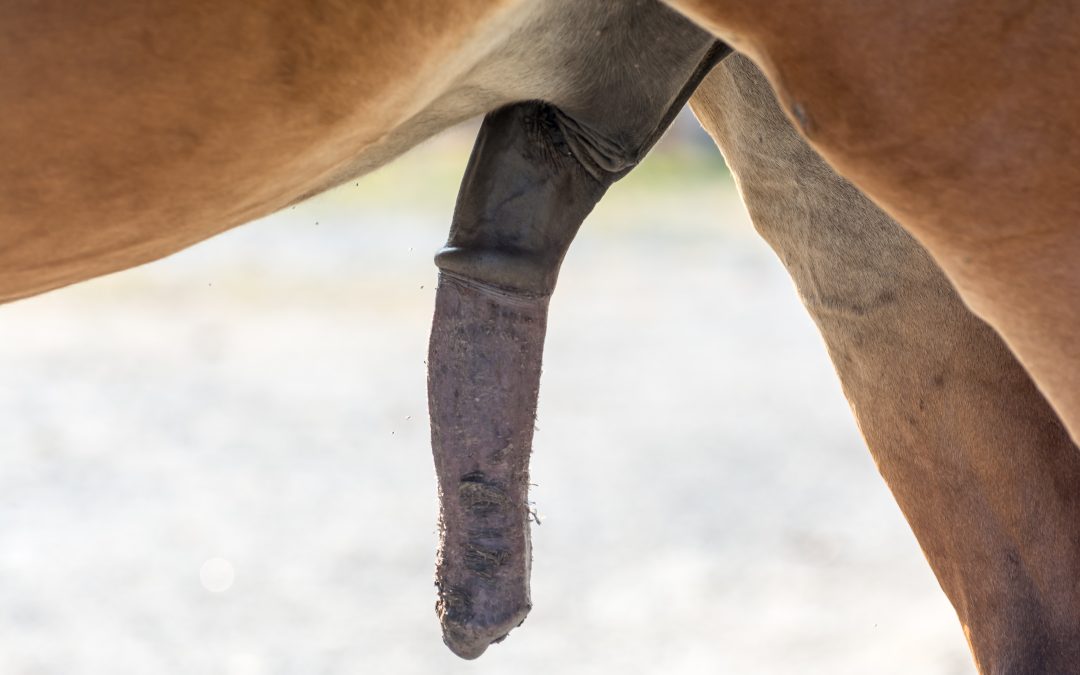
Apr 16, 2024 | blog, Practice news
Why do we clean sheaths in geldings: Hygiene: The sheath can accumulate dirt, debris, and smegma, which is a waxy secretion. If left uncleansed, this buildup can lead to irritation, discomfort, and even infection. Prevention of Infections: A dirty sheath can provide...
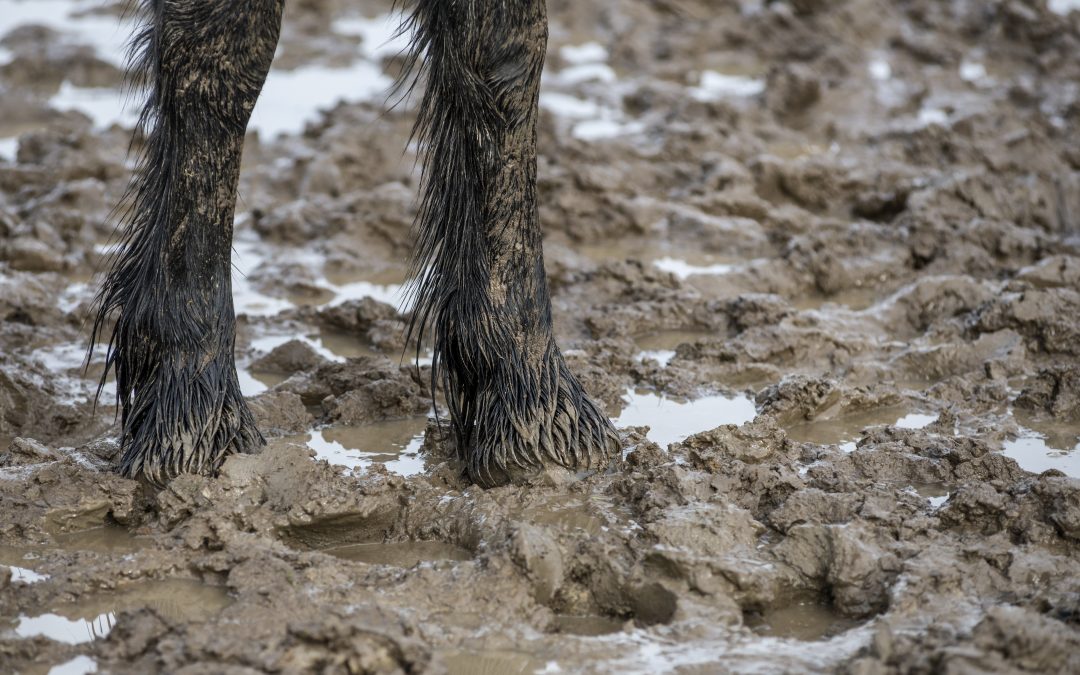
Apr 14, 2024 | blog, Practice news
It’s that time of year when we are all knee deep in the wet and sticky stuff. Whilst this topic comes up every year, it is one that is most definitely worth talking about. Hopefully by talking about it on this blog the weather will finally start to improve. Mud...
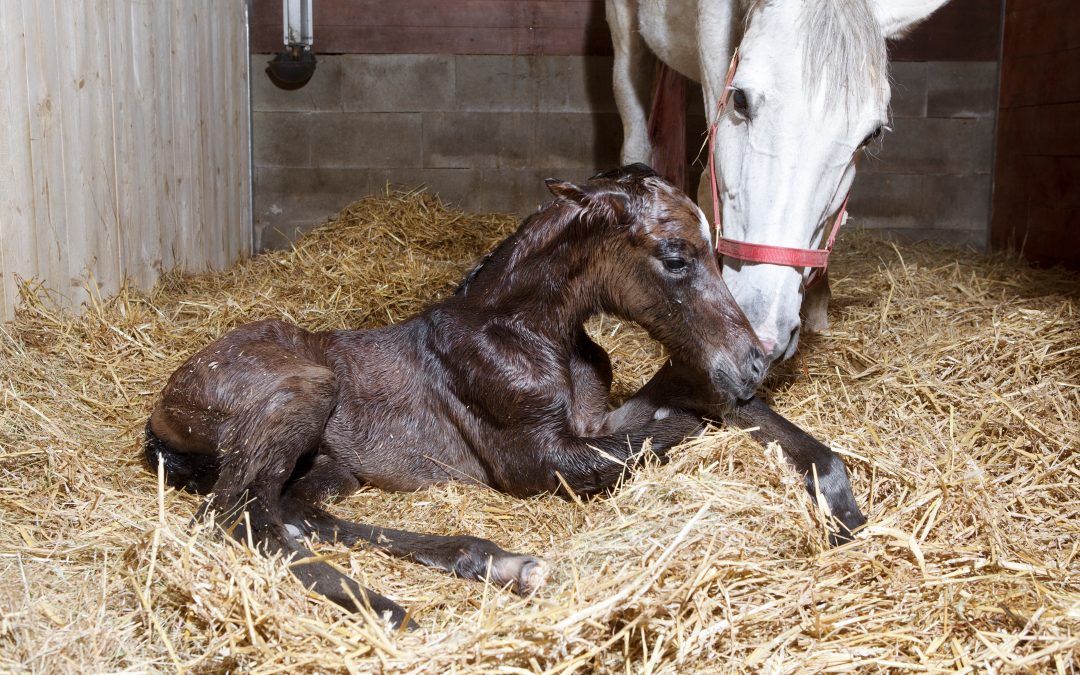
Mar 18, 2024 | Practice news, Uncategorised
When your foal is born: It should be have a suck reflex within 20 minutes Stand in an hour Sucking at the milk bar within 2 hours A new born foal has no fat reserves so obtains all of its energy from the sweet and sugary colostrum which it must be consumed within the...
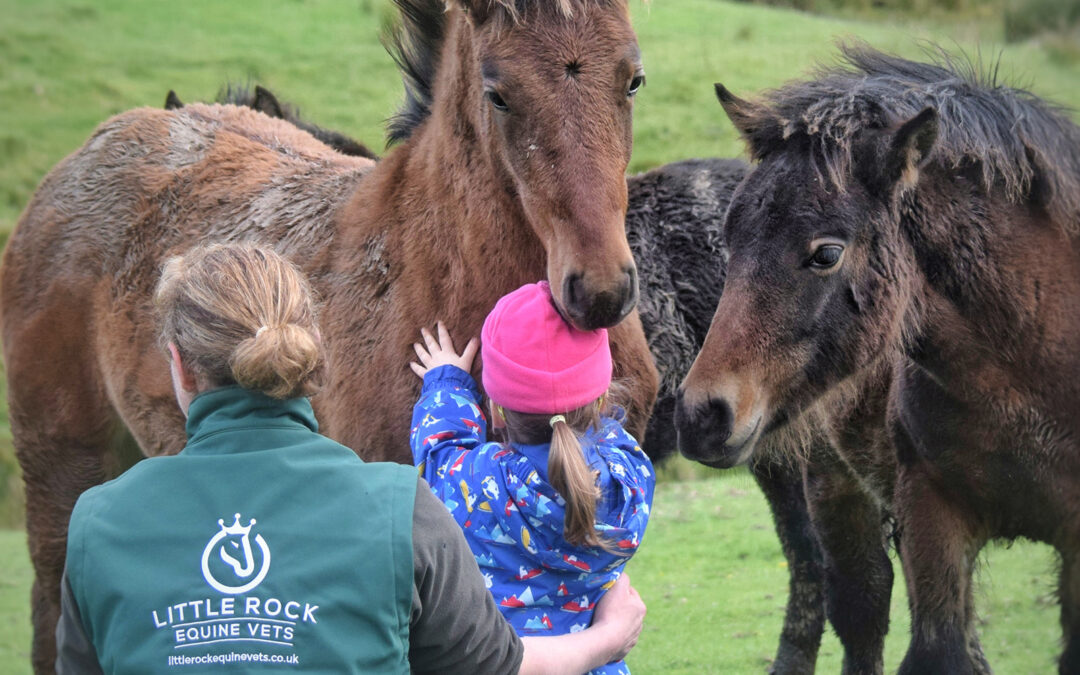
Jan 29, 2024 | blog, Practice news
There are several ways to diagnose pregnancy in the mare: Ultrasound scan Rectal palpation Blood test Ultrasound scan The most common method of diagnosing pregnancy used by vets is ultrasonography. Timing for this is crucial. There are several important factors to...
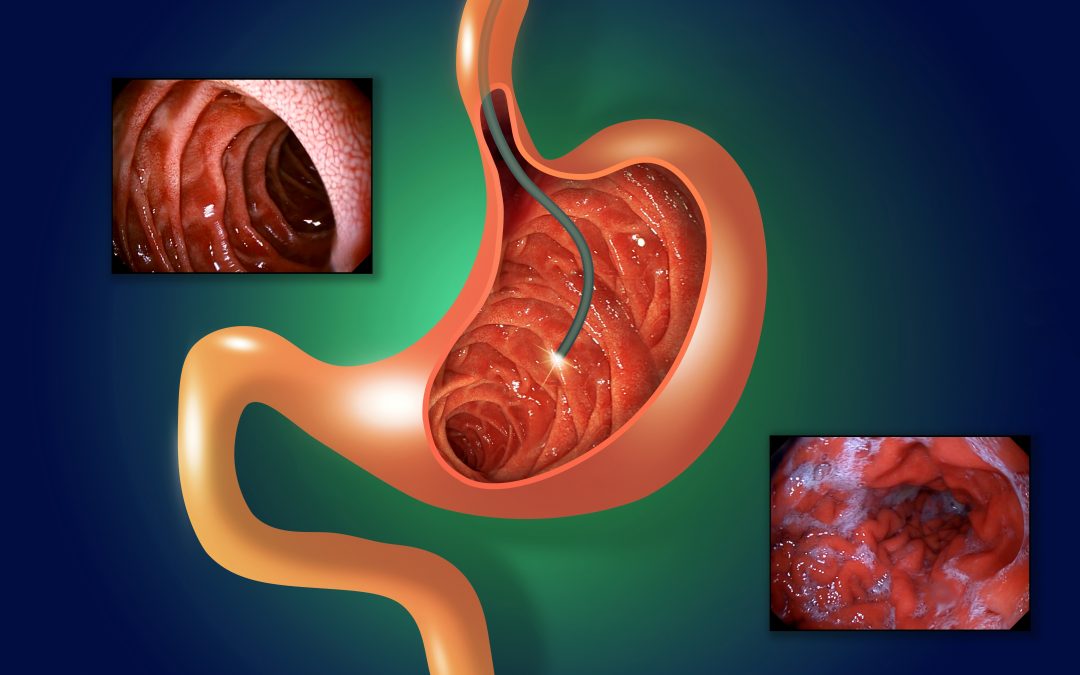
Nov 16, 2023 | blog, Practice news, Uncategorised
We’re sure many of you will know a horse that has had gastric ulcers in the past, but what is actually going on? There are two broad regions of the horse’s stomach; the squamous region and the glandular region. The squamous (non-acid-producing) region sits at the top...
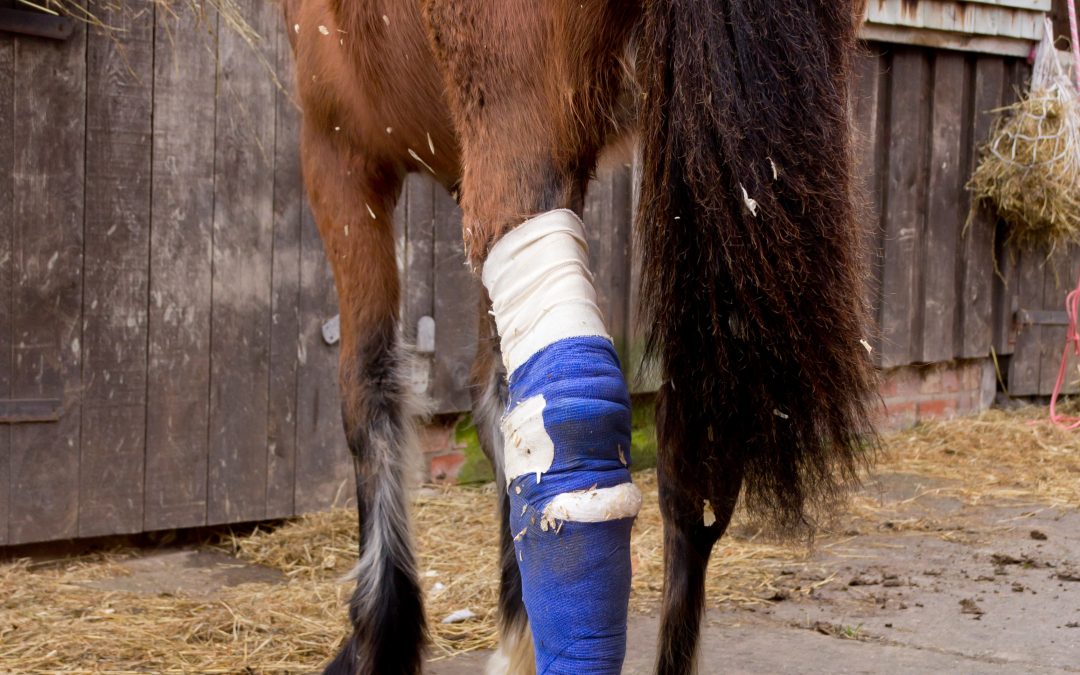
Oct 18, 2023 | Practice news, Uncategorised
We all find at this time of year, that our noble steeds are looking for ways to self inflict damage. Most wounds are not serious in that a few days of care they are back to fighting fight. However there are certain areas in the body that should receive special...







